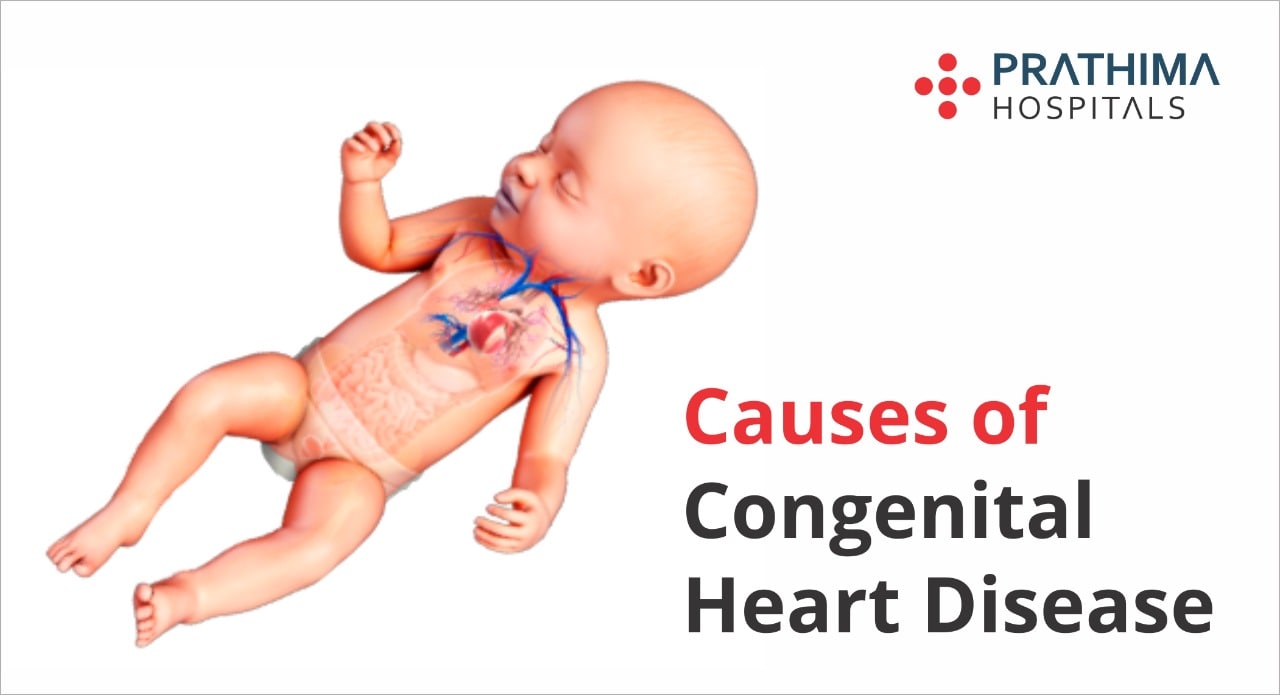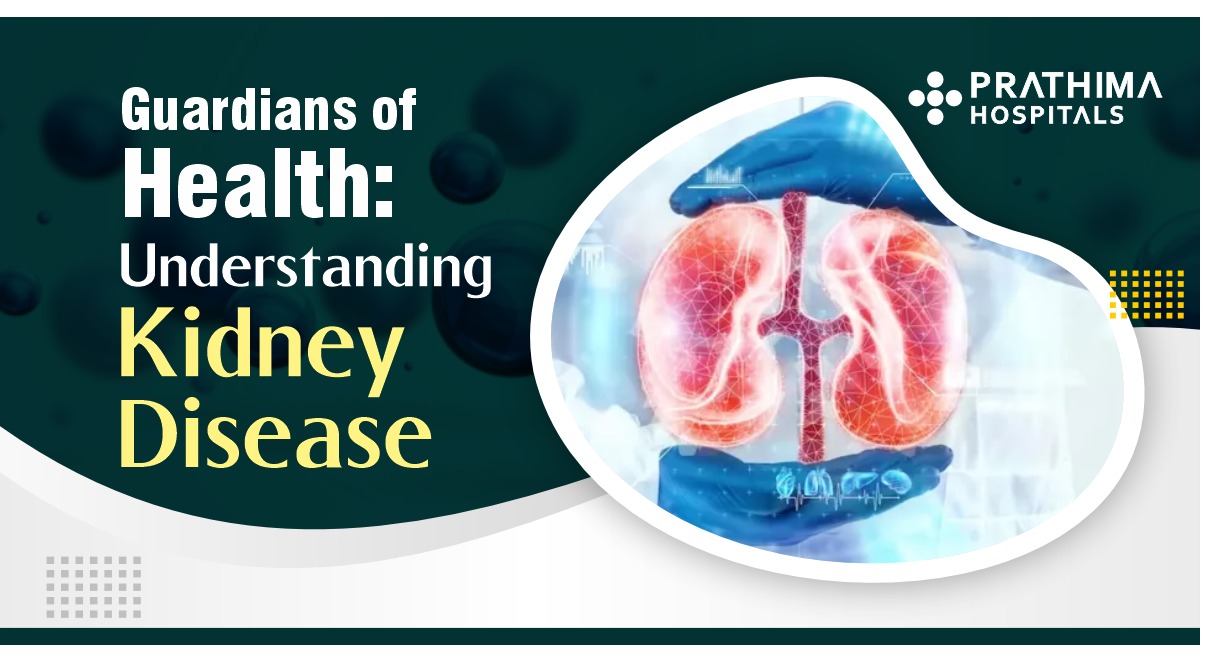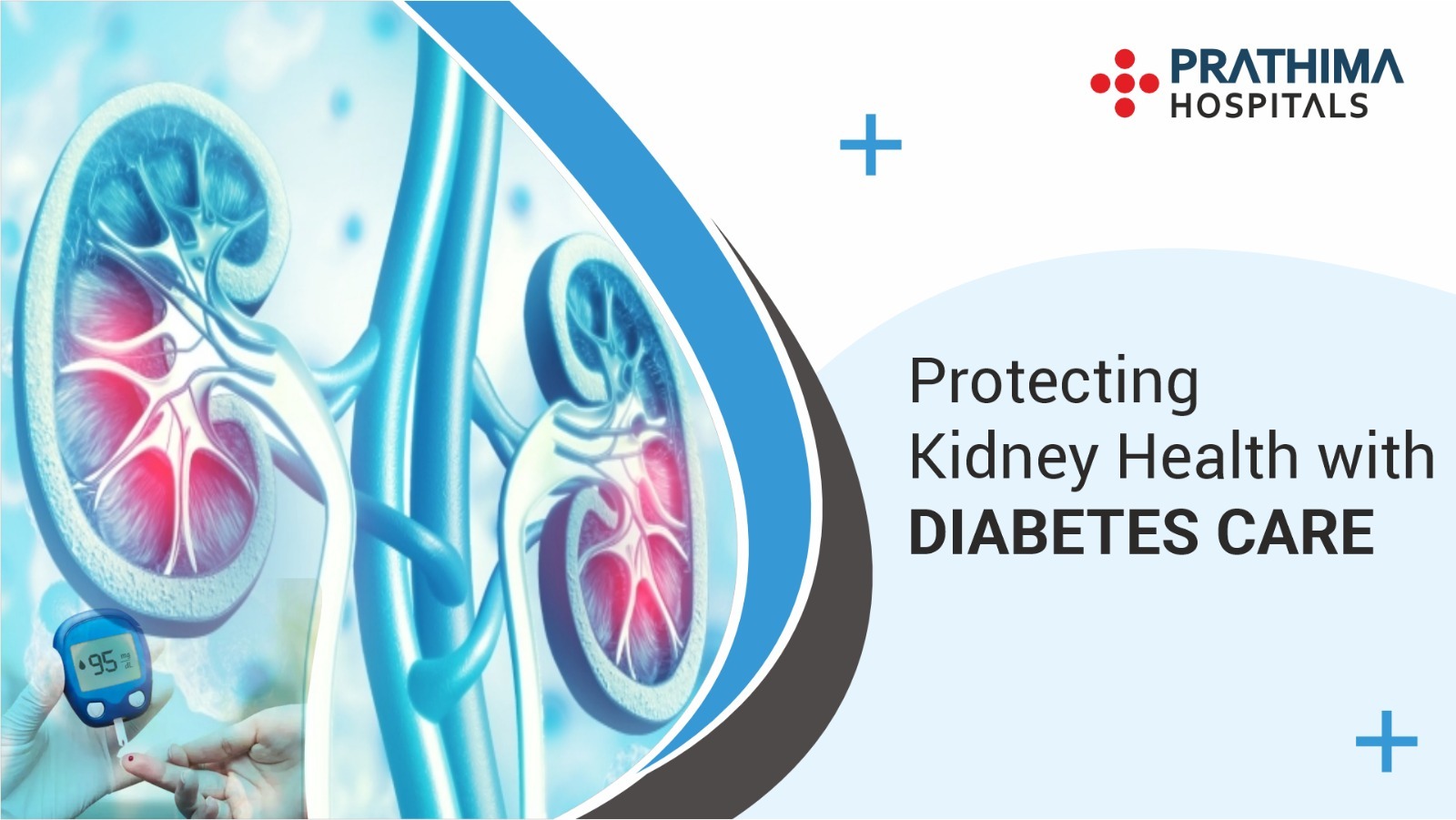Know About Congenital Heart Disease

Congenital heart diseases refer to complications in the heart structure, which is acquired by birth. These diseases lead to several complications, such as the disruptive flow of blood from the heart to the body part or vis-versa, retarding blood flow, and even blockage, leading to a heart attack.
There are several types of congenital heart diseases, such as,
- Aortic Valve Stenosis- Narrowing of aortic valve
- Coarctation of the aorta- narrowing of the main artery
- Septal Defects- Defect in the septum of the heart
- Ebstein’s anomaly- Abnormal development of tricuspid valve
Certain types of congenital heart diseases are linked with,
- Genetic Defects
- Family history
- Maternal Illness
- Exposure to drugs/Alcohol
Genetic Defect- Genes are present in chromosomes that are located inside the nucleus of a cell. A human section contains precisely 46 chromosomes. An increase or decrease in this number, which occurs mainly due to mutation or non-disjunction, may result in several abnormalities such as:
- Turner’s Syndrome
- Down Syndrome
- Trisomy 18 and Trisomy 13
- William’s Syndrome
Maternal Illness– Baby of women suffering from illnesses such as diabetes are more prone to develop congenital heart disease than others because of a high level of insulin hormone in the mother’s blood, which may hinder the growth and development of the fetus. However, it is not applicable for gestational diabetes. Cardiology Hospital in Hyderabad.
Exposure to drugs/alcohol: In case women intake too much alcohol or drugs during her pregnancy, it severely affects the tissue of her baby, referred to as fetal alcohol syndrome. Often fetuses suffering from this syndrome develop congenital heart diseases such as septal abnormalities; therefore, women must avoid alcohol/drugs during pregnancy.





